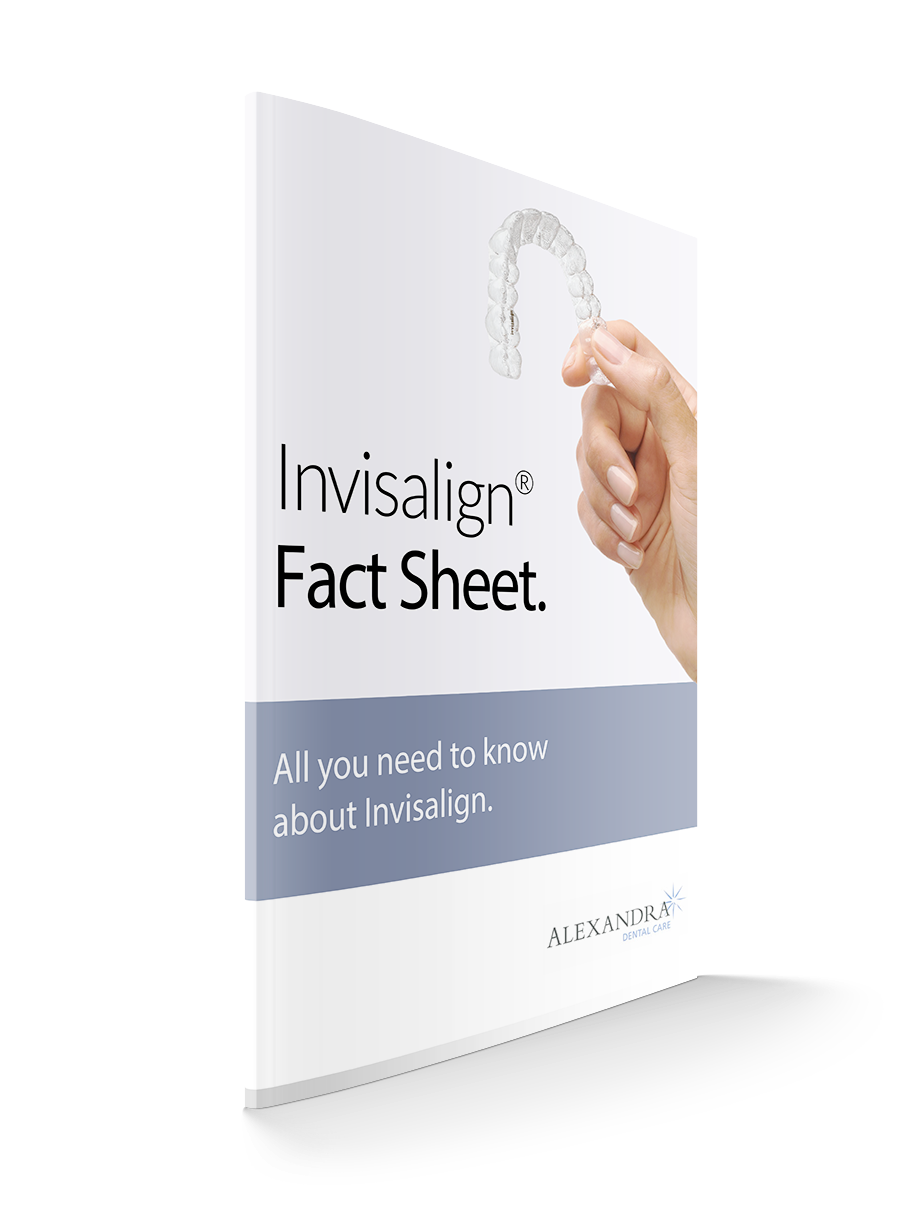Dental Anxiety and Its Impact on Oral Health
How we help anxious patients from Burton and Ashby
Dental anxiety is unfortunately fairly common. When you enter our dentists near Burton and Ashby, you may feel as though no one else is experiencing the level of anxiety that you are, but the reality is that more than a quarter of people who attend a dentist, suffer from some degree of fear.
Of course, the level of anxiety which people suffer from will vary widely from person to person. For a lot of people, the anxiety is perfectly manageable and a few deep breaths, along with a bit of reassurance, is all that it takes for any dental work to be carried out.
Others may seek a little extra help such as relaxation techniques, or herbal tea to help a little. This can often help those whose anxiety is relatively mild.
The third category though is a more serious issue and one that can have a significant negative impact on a patient’s health. For these people, the level of anxiety is quite severe and relaxation techniques are likely to be of little value, especially in the case of invasive dental procedures.
Oral Health
Anyone who has suffered from anxiety will know that it is a highly unpleasant experience and one that can involve sweating, rapid heart beats, difficulty in speaking and even chest pains, which only add to the initial anxiety. Because of these unpleasant symptoms, understandably, many people will simply avoid the factors which cause the symptoms to appear in the first place.
Whilst this is entirely logical this often means that patients do not visit a dental practice for years on end, and, only then when they are in so much pain that it is unavoidable. This short term thinking then means that any procedures that they need to have done are likely to be invasive and potentially uncomfortable, increasing the level of anxiety.
Sedation for nervous patients
When a patient with a high level of anxiety comes to Alexandra Dental Care, we are very sympathetic to how they feel. However, even where we are able to relax them sufficiently to allow the treatment to start, there is still a risk of inadvertent head movements which increases the risk of complications – something that both the dentist and patient are keen to avoid.
In patients with milder levels of anxiety, we may suggest things like relaxation techniques which is often enough for some patients, but for those with high levels of anxiety we are able to offer intravenous sedation for all dental procedures, including those which most patients would, perhaps, find routine.
The effect of this type of sedation is to entirely relax the patient whilst ensuring that they remain conscious. This also helps the dentist perform the procedure in cases where we may need a response from the patient. People that have had intravenous sedation are often surprised at how quickly a relatively lengthy procedure seems to pass.
Sensible Precautions
Because an intravenous sedative remains in the system for a little while, it is essential that you do not drive home and we would even advise against taking public transport home on your own. We strongly recommend that you bring someone with you who can drive you home and check that you are safely settled in before they leave.
If you consider yourself an anxious patient and perhaps have been delaying dental treatment, why not take a look on our website at some of the positive patient testimonials which have been given following their dental procedure under sedation.
Google+
Comments are closed.